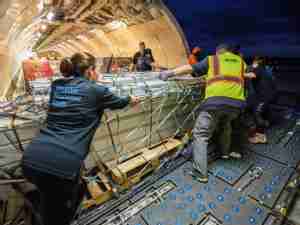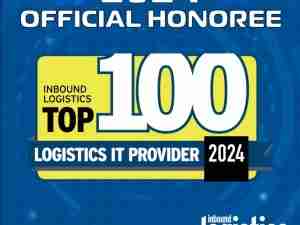- A laser-focused narrative detailing the economic environment impacting logistics
- Interviews with industry leaders, including shippers, carriers and regulators
- An in-depth spotlight on relevant trends and expected changes in 2016 and beyond
- A well-informed, global and strategic point of view on the state of the industry
CSCMP Collaborating with A.T. Kearney and Penske Logistics for Annual State of Logistics Report
posted by AJOT | Feb 16 2016 at 11:41 AM | Logistics
The Council of Supply Chain Management Professionals (CSCMP) today announced that it is collaborating with global strategic management consulting firm A.T. Kearney as the new author and researcher to produce its Annual “State of Logistics Report™.”
Penske Logistics will continue in its longstanding role as top supporter of the “State of Logistics™ as it has since 2009. Penske Logistics is also a Global Sponsor of CSCMP’s Annual Global Conference and supporter of the CSCMP’s Young Professionals Survey.
A.T. Kearney has assembled an outstanding team with top-tier supply chain experience to produce the report. The addition of A.T. Kearney will enable CSCMP to improve the quantitative and qualitative value of the report for our membership and the supply chain community.
Highlights will include:









